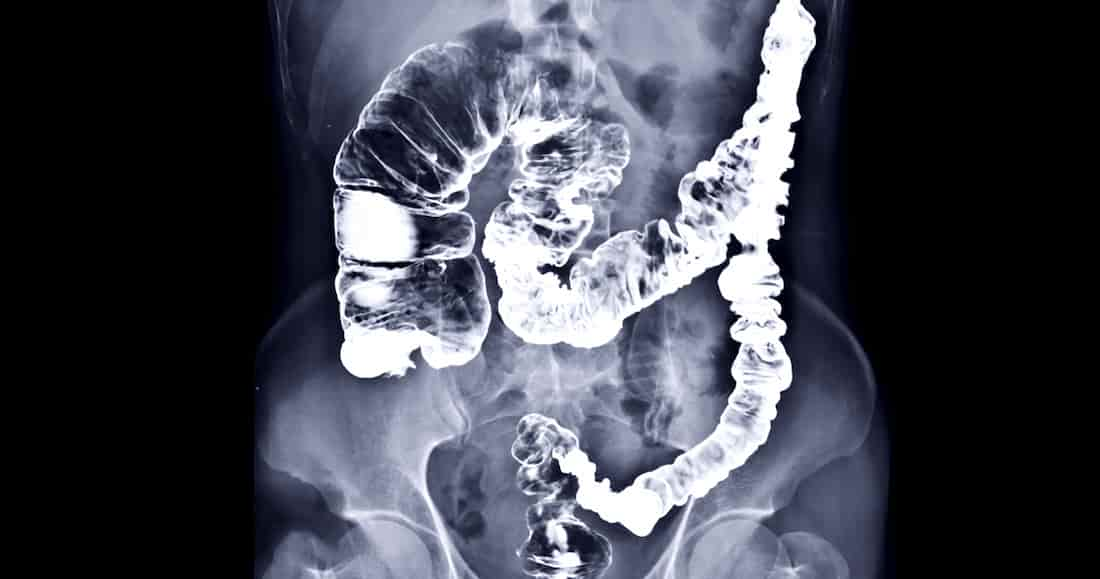

Barium was first identified when the mystery of the Bologna Stones started in 1602. Vincenzo Cascariolo, an Italian shoemaker, discovered unusually heavy, milky-white stones that when exposed to heat and sunlight would glow for days. Hundreds of years later the stones were identified as barium sulfide.
Barium sits towards the bottom of the periodic table and is classified as a heavy metal, its name derives from the Greek 'baryta' meaning heavy. Barium is highly reactive and therefore is not found naturally in its elemental state.
There are few industrial applications of barium, its compounds are used as a lubricant by the oil and gas industry and it is often used in the electrodes of spark plugs. Barium salts are sometimes used to provide the green colours of fireworks.
Being a dense metal, barium is great at scattering X-rays. Whilst most compounds of barium are highly toxic, barium sulphate is insoluble and non-toxic making it ideal for use as a radiographic contrast agent. Conditions affecting the oesophagus, stomach, and bowel are often investigated by X-ray after feeding the patient a 'barium meal'.
Soluble barium compounds are all very toxic - barium carbonate (which becomes soluble in the gut) is used as a rat poison and accidental ingestion can be fatal. In the human body, barium ions block the potassium transport mechanisms causing very high concentrations of potassium within cells and very low potassium in the blood plasma.
Low potassium (termed hypokalemia) resulting from barium poisoning can lead to dangerous blood pressure, muscle weakness, very fast heart rate (tachycardia) and paralysis.
Investigations have studied the effect of much lower levels of barium. One population study found a significant increase in the risk of death from cardiovascular disease among older residents living in communities with high levels of barium in their drinking water.
Ores containing barium (barite and witherite) occur naturally across the UK, like other contaminants barium can leach from rocks and into ground water. Tap water that is drawn from boreholes will contain higher levels of barium than water taken from our rivers. Barium contamination from industrial sources is possible but unlikely in the UK.
There is no evidence to suggest that barium is carcinogenic or that it affects fertility in any way.
Barium in your drinking water can be detected by the following tests.
Barium can be reduced or removed from your drinking water using the following methods.
